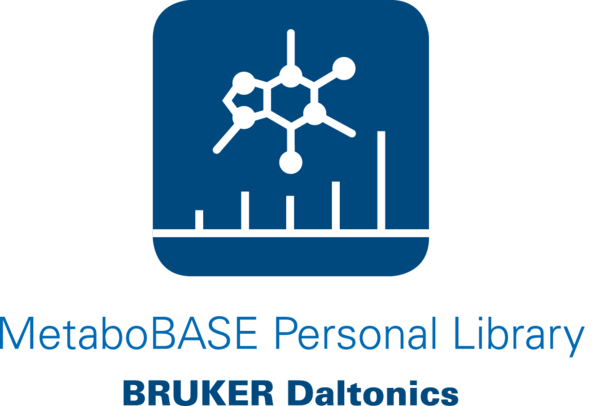At ASMS 2016, Bruker announces a new mass spectral library called Bruker MetaboBASE Personal LibraryTM, which contains high-resolution, accurate mass MS/MS spectra of over 13,000 metabolic compounds for the seamless identification of metabolites.

The metabolome consists of an extremely complex mixture of small molecules covering a wide dynamic range of concentrations. Being able to annotate previously described known target metabolites, called dereplication, is essential to fully understand the biological context of metabolomics data and to gain deeper insights.
Annotation of known target metabolites becomes critical and must be automatic and conclusive. Mass spectral libraries containing endogenous and exogenous metabolites enable matching experimental MS/MS spectra for automatic dereplication.
The Bruker MetaboBASE Personal Library was generated in collaboration with Professor Gary Siuzdak of the Scripps Center for Metabolomics, La Jolla, California, and is available from Bruker. Professor Gary Siuzdak and Dr. Paul Benton, both well-recognized researchers in metabolomics, were instrumental in assembling the MS/MS spectra of over 13,000 compounds that have been acquired on Bruker high-resolution, accurate mass QTOF instruments.
The data were obtained from synthetic or isolated standards, including di- and tri-peptides, in addition to endogenous and exogenous metabolites. All spectra were measured in positive and negative mode using different collision energies.
Supplemental data includes database IDs and hyperlinks to external databases, including HMDB, KEGG, and PubChem, which allow researchers to quickly bring identified metabolites into a biological context.
Comparing high-resolution, accurate mass (HRAM) MS/MS data acquired on Bruker QTOF instruments with a spectral library on a local PC, the Bruker MetaboBASE Personal Library allows the automated and positive identification of known compounds. This foundation for linking HRAM-MS/MS data to biology assists our customers in gaining deeper insights into their metabolomics research.”
Dr. Aiko Barsch, Market Manager for Metabolomics at Bruker Daltonics.
Professor Gary Siuzdak at The Scripps Center for Metabolomics in La Jolla, California, stated: “By comparing high-resolution, accurate mass MS/MS data acquired on our recently installed Bruker impact QTOF instrument, we can confidently say that the Bruker MetaboBASE Personal Library facilitates fast, automated identification and dereplication of known compounds.”